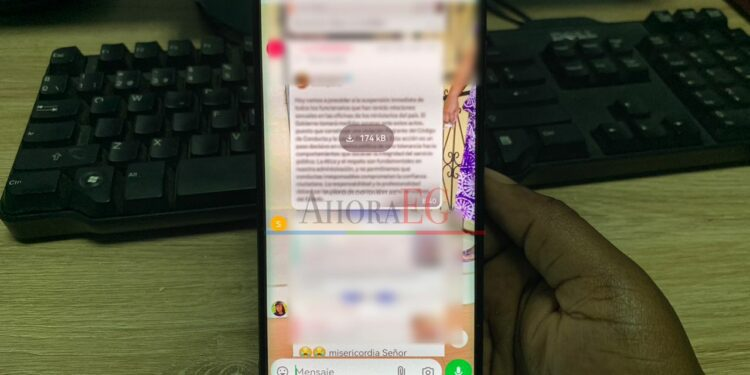Unjust Punishment in Equatorial Guinea: Citizens Demand Answers Over WhatsApp Restrictions
Government restrictions spark outrage as citizens grapple with communication barriers.

- Authorities have not explained the reasons behind the multimedia ban
- Growing dissatisfaction among users over diminished communication capabilities
- Citizens feel the pinch as essential communication tools are curtailed
On November 4, WhatsApp users in Equatorial Guinea faced major disruptions as the ability to send and download multimedia files via mobile data was unexpectedly halted.
This move has raised suspicions among users, who fear it might be tied to recent government orders directing telecom operators to restrict access to certain content, especially following the surfacing of explicit videos involving Baltasar Ebang Engonga, the former head of the National Financial Investigation Agency (ANIF).
As a result, users can no longer share photos, videos, or audio files over mobile data, forcing them to depend solely on Wi-Fi for such exchanges.
This decision has sparked widespread frustration, with many questioning whether the entire nation should bear the brunt for the actions of a select few. Critics deem the measure excessive and punitive, impacting countless individuals who rely on these platforms for entertainment, education, and professional communication.
In an age where digital communication is crucial, users are challenging the justification behind these restrictions, which disrupt effective communication and daily routines.
The situation has ignited intense debate, with many citizens perceiving the government’s approach as more about control than fostering connectivity.
So far, authorities have not clarified the reasons for this ban or its expected duration, leaving the public anxious and demanding answers.
The lingering question persists: Is it fair for the whole population to suffer because of a few individuals’ actions?





